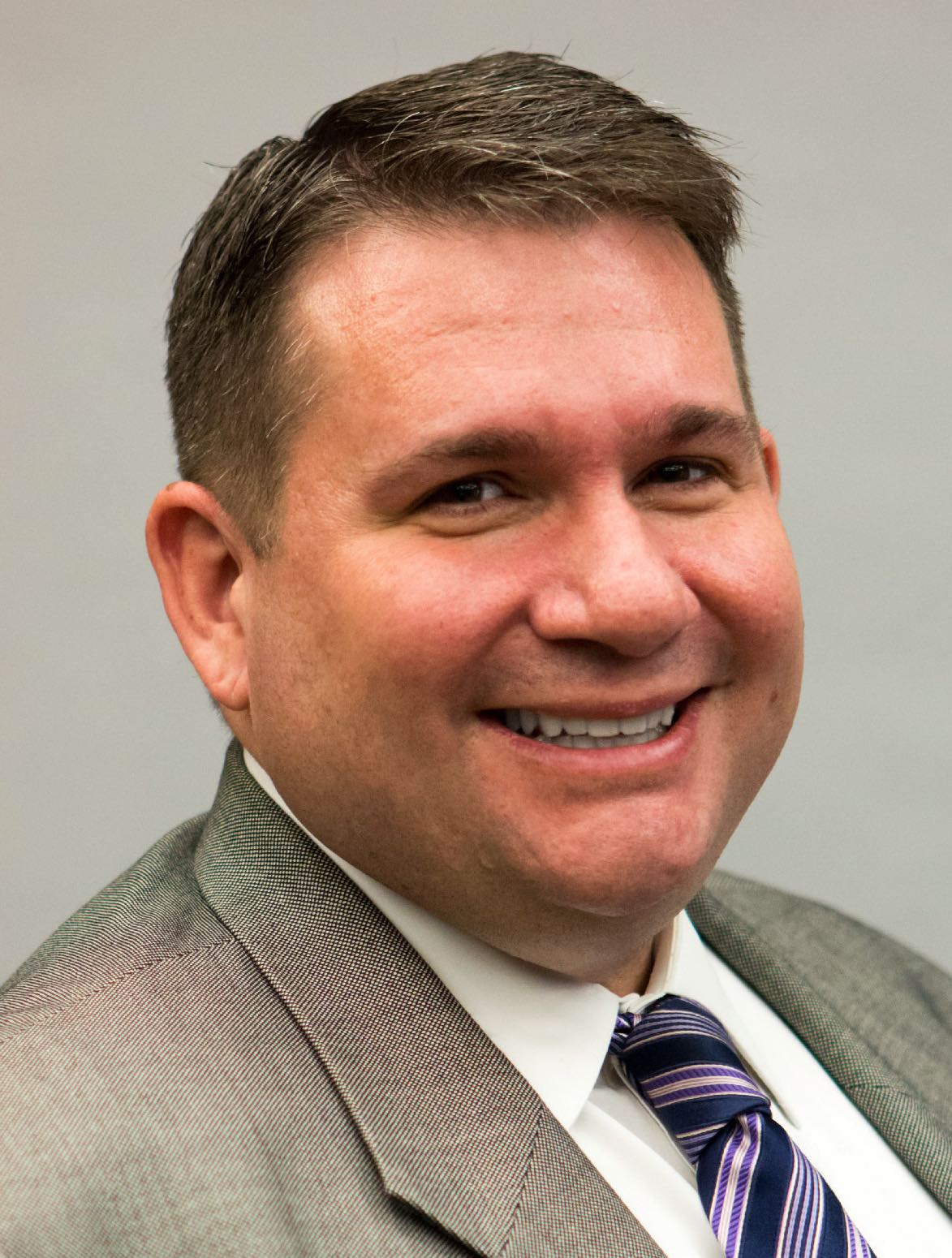
If concerns about being able to retain access to the correct medications to treat their mood disorders was not enough, individuals utilizing Medicare Part D must also be concerned about whether or not they can even afford to take their prescribed medications.
When Medicare Part D took effect in 2006, it arrived with mixed reviews. Today, according to a survey conducted by Medicare Today, 86% of seniors say they are satisfied with their prescription drug plan. One reason they site for the satisfaction is that the costs are reasonable. Given the way things are trending however, the Center for Medicaid and Medicare Services (CMS) may see satisfaction dip.
Cost related non-adherence to medication protocols is growing. The inability to pay for costly medicines causes patients to stretch out their prescriptions by skipping or taking smaller doses than prescribed. In in a recent Health Affairs study, (Medication Affordability Gains Following Medicare Part D Are Eroding Among Elderly with Multiple Chronic Conditions) seniors experiencing four or more chronic conditions reported a cost-related non-adherence rise from a low of 14.4% in 2009 to 17% in 2011.
Comorbidity—medical conditions that exist simultaneously while independent from another condition—is common for people living with mood disorders. We know that individuals living with mood disorders are more likely to have life-threatening co-occurring conditions, such as heart disease, hypertension, and diabetes, for example. These comorbid conditions are a huge factor in why individuals with mental health conditions die, on average, 25 years younger than those without mental health conditions.
Unfortunately, the study found that those most vulnerable to cost related non-adherence are people living with four or more chronic conditions including diabetes, cancer, cardiac diseases and hypertension. As a result, increasingly, seniors are facing challenges budgeting for the prescriptions required to manage their multiple chronic conditions. Often people forego their prescriptions in order to pay for basic needs such as food and monthly utilities.
Despite having insurance, people are overwhelmed by how much they must pay out-of-pocket for their medications. The problem is compounded with medication tiers built into the Part D plans. These tiers assign different co-insurance values depending on the medication. It is not uncommon for a plan to have four different tiers ranging from a low of $5.00 for generic drugs to a high of 25% to 33% of the medication cost for a specialty tier.
Given these built-in plan burdens to medication compliance, it’s cruel for CMS to even consider piling on the additional burden of removing antidepressants, anti-psychotics, and immunosuppressants from protected class status. These actions could result in the additional burden of obtaining prior approval to receive their medications to outright denial of access to the medications that enable them to secure a quality life.
Congress needs to hear from you
Let your elected officials know that you expect them to hold CMS accountable for maintaining access to needed medication. It’s easy to do
- Visit the Partnership for Part D Access website
- Enter your address to obtain contact information for your representative and senators
- Personalize the letter with either your or your loved one’s experience
- Follow the instructions to deliver
Now is the time to act. Let Congress know that we expect them to continue to hold CMS accountable. CMS must respect the rights of individuals living with complex medical conditions by safeguarding their access to quality mental health care.
Questions
- What impact are the costs of medications through your Medicare Part D plan having on you or someone you know? How have costs affected your medical care (for example, you see your therapist less often, you are not filling prescriptions)?
- What are your concerns about access to medication? If you are not currently affected, what are your expectations for the future?
- As a family caregiver, what actions have you taken for the health of your family members (e.g., are you paying medical expenses for an adult child so they stay as healthy as possible)?









Connect With Us